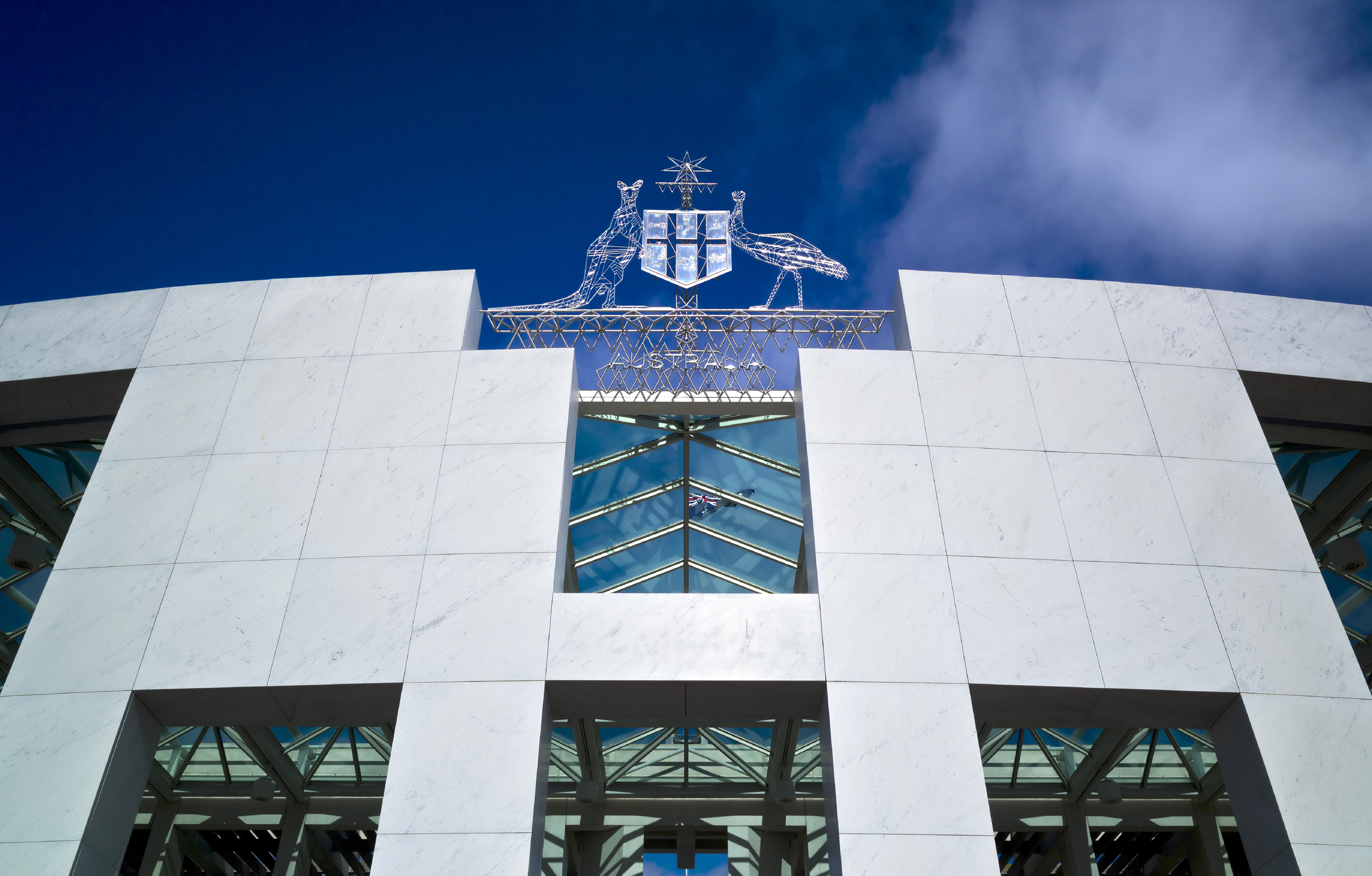Five ways to make state taxes fair and more efficient

State tax reform is a critical component of a national tax reform for prosperity - but this reform needs national co-ordination
Published 23 September 2015
A reforming state that goes it alone bears all the political and fiscal costs, while the nation gains from reforms to make state taxes more efficient. Federal income tax will increase with more state economic activity, and fiscal equalisation means other states will benefit.
1. Payroll tax should be broadened
Current payroll taxes exempt about half of the labour remuneration base. The biggest exclusion from the base is the small firm exemption, ranging from an annual payroll of $550,000 for Victoria to $1.75 million for the ACT.
A broader base payroll tax with a low rate would remove distortions to the choice of business organisation and it would end the arbitrary thresholds that keep growing businesses small.
A tax rate of 2.5–3.5 per cent on a broad base could raise as much revenue as the current payroll tax.
Changes to employee wages would be minimal, both in (now exempt) small businesses and in large businesses.
2. Replace conveyance duty on property sales and current state land tax with a reformed comprehensive land tax
Stamp duties are levied at a progressive rate on transfers of property, including land value and buildings, and can be up to 7 per cent. There are various exemptions and special rates.
There are many problems with these duties. They are the most inefficient tax, as stated in Re:think, the government’s tax discussion paper released in March. They act as a barrier to the transfer of commercial and residential property from less valuable to more valuable uses and they are an additional indirect tax on buildings. Stamp duties are unfair for frequent property transferees and are the most volatile of state revenue sources.
The exemption of land tax for the home also distorts the mix of housing supply. Much of the tax on rental housing is passed on to tenants as higher rents, making housing less affordable.
In addition, state land taxes based on individual properties discriminate against the ownership of multiple properties. This reduces national efficiency benefits from economies of scale – Australia is very unusual in the number of small or individual rental property owners.
A broad-based land tax with a flat rate is the least distorting of all general taxes, and it can raise stable and substantial revenues to fund state services.
Local government rates provide a good foundation for a reformed broad-based land tax. To make life simpler, state governments could put land tax and rates on the same return. As the Grattan Institute recently argued in its property tax paper, a doubling of current local government rates would replace the revenue of stamp duty and current state land taxes.
A national definition of the land tax base should apply, but each state could levy different flat rates if they chose.
3. Get rid of stamp duties on insurance
Most states impose a stamp duty at rates of 6-11 per cent on insurance premiums, in addition to the GST.
Increasing the price of insurance leads to non-insurance or underinsurance, which is to everyone’s detriment.
4. Replace state motor taxes with road user and pollution charges
State taxes on the registration of motor vehicles, stamp duties on the transfer of ownership, licence fees and parking fees, along with Commonwealth excise on petroleum, should be replaced by an approximate revenue-neutral package involving three components, as argued by the Henry Tax Review, the Productivity Commission and, this year, the Competition Policy Review.
First, a road-user charge should be levied to reflect the different cost impact of different vehicles. Such a charge would raise revenue and provide better signals for road infrastructure investment decisions and for decisions on vehicle use by motorists.
Second, we should have a tax to reflect the costs of pollution caused by the use of motor vehicles.
The third component would be a congestion tax that could apply for vehicles using busy roads in city peak-hour periods.
5. Gambling taxes
Taxation of gambling represents an important revenue source for some states – such as Victoria. Overall it collected $5.5 billion in 2012-13, or 8.7 per cent of state revenues across the nation.
At a minimum, gambling tax concessions for specific venues should be removed. There is a compelling efficiency argument, with no adverse effects on gamblers, for taxation of the economic rents created by government restrictions on the quantity of gaming machines and casinos. Careful review of fiscal and social policy considerations is needed before making further changes to gambling taxes.
A version of this article has been co-published with The Age and DemocracyRenewal.

